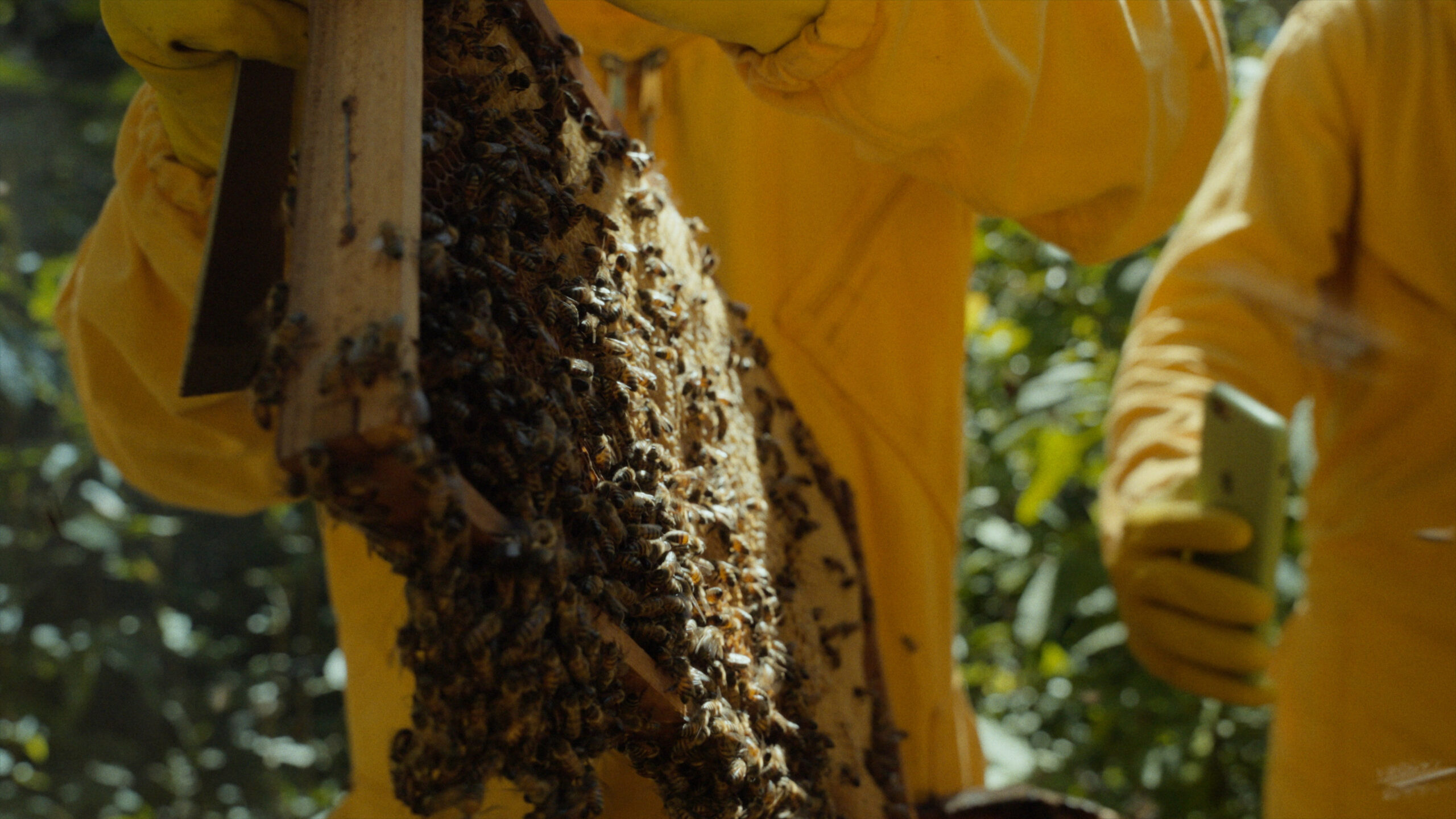In a territory long marked by armed conflict and illicit economies, Miel de Tibú has emerged as a productive alternative that is transforming lives and communities in the municipality of Tibú, Norte de Santander, Colombia.
This beekeeping venture, led by Catatumbo youth, is dedicated to rescuing bee colonies and producing 100% natural multifloral honey through artisanal processes. With three active apiaries located in rural areas of high beekeeping potential, the project goes far beyond production: it’s a commitment to building peace on the ground.
The initiative focuses on creating productive opportunities for local youth, reducing the risk of forced recruitment, and fostering a culture of collective work. Nestled within a nature reserve rich in biodiversity, the apiaries benefit from the region’s humid tropical climate and diverse flora to produce distinctive, high-quality honey.
Miel de Tibú stands as a model of community resilience, where beekeeping offers a viable path toward economic, environmental, and social sustainability. Today, the project produces natural honey in 500ml jars and is preparing to diversify into other hive products such as propolis, starter colonies, and pollen.
Its vision for 2030 is bold: to be recognized as the brand that transformed Catatumbo, empowering rural youth as guardians of biodiversity through a network of training apiaries and a purpose-driven ecosystem of bee products.
A defining feature of the project is its ability to build brand narratives with high emotional connection, using its story of transformation and resilience as a differentiating strength. Each jar of honey carries the story of a territory that chose life over conflict, and nature over destruction.
The venture has been recognized by The Peace Dividend Initiative for its role in peacebuilding and its potential to replicate this model in other conflict-affected regions, proving that the best investments deliver economic returns, positive environmental impact, and real social transformation.
